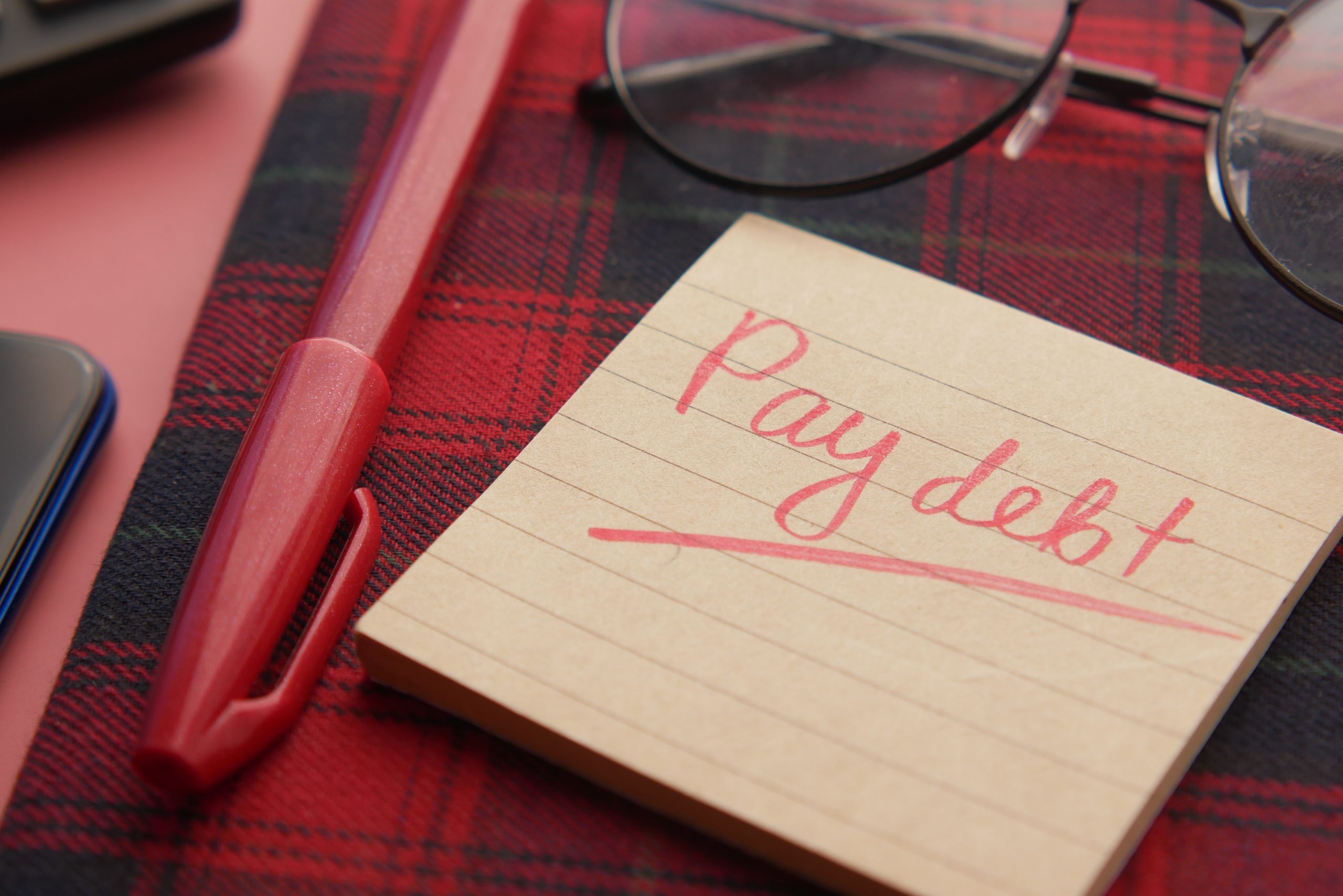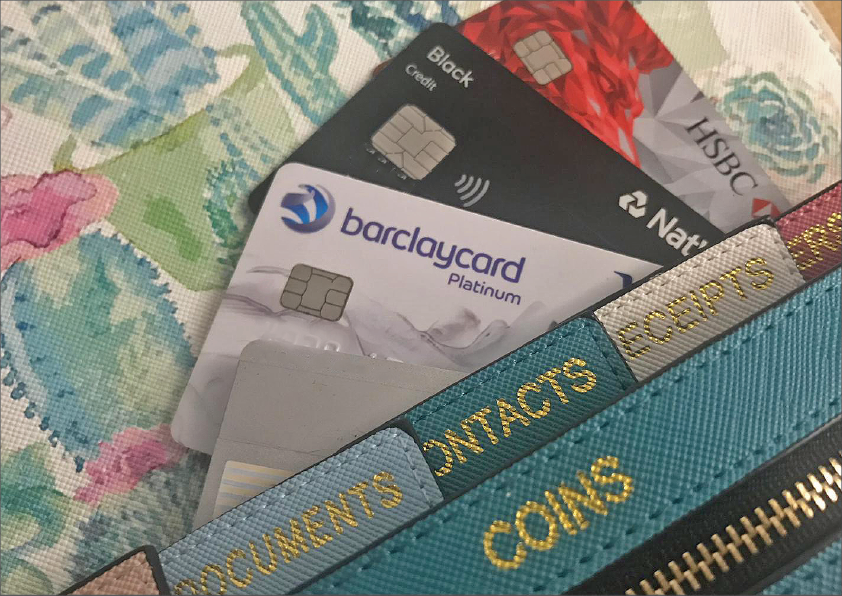You want to check your credit file every month to make sure everything is in order – that all of your accounts are there and there isn’t anything you don’t recognise.
When taking a quick glance at your file, check the following:
Accounts: are all of your accounts there? Are there any you don’t recognise?
Searches: do you recognise all of the searches on your report?
Payment History: is all my payment history information correct? Do any lenders say that I missed a payment when I didn’t?
Stability: Is all of this information up to date?
We email you every month to let you know that your new credit file has arrived. But why do we need to update it so often?
Your credit file is always changing – lenders update credit bureaus on your accounts, payments, searches and more every single month. It’s important to take a look every month to make sure everything is in order. But what are you actually looking for when you do take a look? We have a handy list of things to look out for that will only take five minutes. So, while you’re waiting for your kettle to boil, here are the things you’ll need to check.
What's Included?
Why bother to check your credit file?
You might think that there isn’t any point in checking your credit file every month as you’re not interested in applying for any credit right now. You’re wrong. There are loads of great reasons why you need to keep an eye on your file that have nothing to do with borrowing.
Fraud watch
One reason to check your credit file is fraud watch – you want to make sure that you’re not a victim of any fraud. One way of preventing fraud is to spot signs early – looking at your credit file is one way to do this.
Future borrowing
You might not be interested in borrowing money right now, but that doesn’t mean to say that you won’t need to in the future. Your credit file should be nurtured so that when you do need to apply for credit, you’ll be able to get accepted for the best rates.
Renting
If you’re planning on renting out a property, it’s likely that your landlord will require you to be credit checked first.
Landlords don’t just want someone to keep their property clean, they’re looking for a tenant that will always pay on time and will be able to cover the relevant fees and deposit. You may need to undertake a credit check so that they know that you can afford the monthly payments. They may even assess your affordability.
So, what should you check in your credit file?
So, what are the vital things you need to check when you do look at your file? Here are a few fundamentals.
Accounts
Start by looking at all the accounts on your credit file.
You want to ensure that all of the accounts that you have open are on this list and that you recognise all of them. If there’s an account you don’t recognise then it could either be an error, or a result of fraud in your name. In either case, you can get it sorted right away before there’s any chance of it causing any trouble.
You can see a list of all the accounts open in your name here. Not all utility companies report to credit bureaus. There’s no definitive list. If you’re not sure, then you can ring up the company and ask. If you recently opened or closed any accounts, these might not appear right away. Give it a few months for all of the details to be reported to Equifax before raising a dispute with us.
Searches
The same goes for hard searches – if you see any applications for credit that you don’t recognise then someone could by making these with your details. You’ll want to dispute them right away as hard searches can have an impact on your creditworthiness.
You want to take a look at your soft searches too. Soft searches don’t have any impact on your credit rating, however, if you see any that you don’t recognise then your details may be used to make a fraudulent application in the future.
Check that these are correct. You’ll see one every month from Credit-Score – don’t worry, this is just us pulling a new report for you each month.
Payment History
You’ll want to have a look at the Payment History section on your lender report to make sure it’s correct. This section is a summary of all the payments you’ve made, and whether they were made late or missed.
If you have missed or late payments, you’ll want to check on this with the lender. It might be the case that a direct debit didn’t go through, or you simply forgot. Of course, this might also be an error. A late or missed payment can result in your promotional fees being removed on a credit card and can result in a penalty charge.
The payment amounts might not match what you see on your monthly statements. This isn’t anything to worry about as it is likely to be because they reported to Equifax on a different date.
Stability
Finally – take a look at your stability. Check that your employment information such as your salary and job status. If you’ve recently changed jobs, then it’s worth updating this information as it will affect your creditworthiness.
The same goes for your residential information If you’ve recently moved to a new house or bought your own place your creditworthiness may have changed quite substantially. You need to make sure your electoral roll information is correct. If you’re not signed up to the electoral roll you risk being rejected on that matter alone, so quickly check that you are and that it has been reported.
What if something is incorrect?
If you see a mistake on your credit file, then you’ll need to take a few steps to make sure it’s resolved.
First and foremost – contact the lender.
This system isn’t perfect, which means that once in a while, there are credit agreements on someone’s credit file when they ought to be on someone else’s. There have been situations where people have two credit file – one before a name change and one after – and they needed to be merged. These can occur for plenty of reasons such as mistyping your name, address, or date of birth or simply a human error on the lender’s side.
A simple phone call can raise the issue with the lender to ensure that they’re no longer reporting this information against your name. Often, this is a very simple process and you’ll see a result in a couple of months.
In the case of payments – a mistake may have been made with the payment information which meant it did not go through, or they could have incorrect information. They’ll be able to tell you over the phone what the problem is. If it’s your first time missing a payment, lenders tend to take it easy on you and remove the flag on your credit file- just make sure you iterate that it won’t happen again.
You should always make sure you set up a direct debit to prevent missed payments from occurring. If you need to call up the lender, set this up over the phone with them.
Raise a dispute
You may need to raise a dispute with Credit-Score. If this is the case, you just need to find the relevant account on your credit file and select ‘dispute this account’. We may need to contact you to get more information, so make sure we have the correct email address.
So now you have it. You’re all set to do your monthly credit file check.
Credit-Score offers two fabulous solutions
If you’re preparing to take a mortgage, never apply until you’ve tried our unique and FREE Credit-Score Home app. Our smart technology will tell you what you need to fix so you avoid rejection. The app predicts when you will be able to buy, for how much and tracks your month-by-month progress to mortgage success. We’ve even added your own mortgage broker, so you get the best deals available.
More focused on your credit rating? Well, get started for free with Credit-Score’s 24- Factor Credit Check to truly help you improve your creditworthiness and how lenders view you. (Remember: lenders don’t use your credit score! We’ll show you what lenders look for and how to get your credit report in the best shape possible).
Last updated by Robert Edwards, June 2022






